Weddings are supposed to be a joyous occasion for everyone involved, but what happens if someone decides to object? It’s not always easy to know how to handle it. This blog post will discuss what happens when someone objects at a wedding and provide some guidance on how to best respond. We’ll examine the legal implications, talk about why people might object in the first place, and offer advice on how to address objections in a respectful and graceful manner. By exploring these topics and more, you can better prepare yourself should this situation arise at your own wedding ceremony.
The Different Types of objections at weddings
If someone objects during a wedding ceremony, it is typically because they have a legitimate reason to believe that the marriage is not valid. There are a few different types of objections that can occur:
1. Lack of consent: If either the bride or groom does not freely and willingly consent to the marriage, an objection can be raised. This may be due to coercion, duress, or force.
2. Bigamy: If either the bride or groom is already married to someone else, an objection can be raised on the grounds of bigamy.
3. Impediment: If there is some legal impediment to the marriage, such as one of the parties being underaged or already married, an objection can be raised.
4. Mental incapacity: If either the bride or groom is unable to understand the nature and consequences of marriage due to a mental disability, an objection can be raised on these grounds.
5. Fraud: If either party has misled the other about some material aspect of their relationship, such as their ability to have children, this could constitute fraud and lead to an objection being raised.

What to do if someone objects at your wedding
If someone objects to your wedding, there are a few things you can do. First, try to talk to the person and see if they have a valid reason for objecting. If they do, see if there’s anything you can do to accommodate their concerns. If not, you may need to ask them to leave the premises.
If the person is causing a scene or disrupting the ceremony, you may need to call security or have them removed from the premises. In extreme cases, you may need to cancel the wedding and reschedule for another day.
It’s important to remember that your wedding day is supposed to be a happy occasion for everyone involved. Don’t let one person ruin it for everyone else.
How to handle objections during the wedding ceremony
If someone objects during the wedding ceremony, the officiant will ask the person to state their objection. If the objection is valid, the officiant will ask the couple if they wish to continue with the ceremony. If the objection is not valid, the officiant will ask the person to be seated and continue with the ceremony.
How to handle objections at weddings
If someone objects to the marriage during the ceremony, it can be a very awkward and stressful situation for all involved. Here are some tips on how to handle objections at weddings:
-If you are the one getting married, try to stay calm and collected. This is probably not the time to get into a heated argument with the person who is objecting.
-If you are the officiant, you have the authority to decide whether or not to allow the objection. If you do allow it, make sure that both sides have a chance to speak.
-If you are a guest, it is probably best to stay out of it unless you are asked for your opinion.
In general, try to be respectful and understanding towards everyone involved. Objections at weddings can be emotionally charged, so it’s important to try and keep things as civil as possible.
The Different Types of Objections
If someone objects to the wedding, there are a few different things that can happen. The first is that the person who objected can be asked to leave. This usually happens if the objection is disruptive or if it’s clear that the person isn’t going to change their mind. The second is that the objection can be ignored. This is more common if the objection is not shouted or disruptive, but it’s still possible for someone to cause a disturbance even if they’re being quiet about it. In this case, security may be called or the person may be asked to leave. The third option is for the officiant to speak with the person who objected and try to reason with them. This is less common, but it can happen if the objection seems to be coming from a place of genuine concern. For example, if someone objects because they think the bride and groom are too young, the officiant might try to talk to them about why they believe this isn’t an issue. In any case, it’s up to the officiant to decide what to do if someone objects at a wedding.
Pros and Cons of Objecting
When someone objects at a wedding, it can be a very disruptive event. The objection can cause the ceremony to come to a halt and can often be embarrassing for the couple getting married. However, there are also some positives to objecting at a wedding. For instance, if the objection is raised because there is a legitimate concern about the marriage (such as one of the parties being underage or already married), then the objection can actually be helpful in preventing an invalid marriage from taking place.
So, what are the pros and cons of objecting at a wedding? Let’s take a look:
Pros:
– Can prevent an invalid marriage from taking place
– May raise important concerns that the couple getting married may not have considered
Cons:
– Can be very disruptive to the ceremony
– Can be embarrassing for the couple
What to Do if You Object
If someone objects to your wedding, it can be a difficult and stressful situation. You may feel like you have to choose between your wedding and the person who objects, but there are some things you can do to try to resolve the situation.
First, try to talk to the person who objected. Find out why they objected and see if there is anything you can do to address their concerns. If they are objecting because of a religious or cultural conflict, see if there is a way to accommodate their beliefs while still having the wedding you want. For example, you could have a separate ceremony for them or allow them to participate in only part of the wedding.
If talking to the person who objected doesn’t work, or if they are not willing to compromise, you may need to consider changing your plans. This could mean changing the date or location of your wedding, or even choosing a different type of ceremony. It is important to remember that your wedding is about you and your partner, and you should do what is best for both of you.
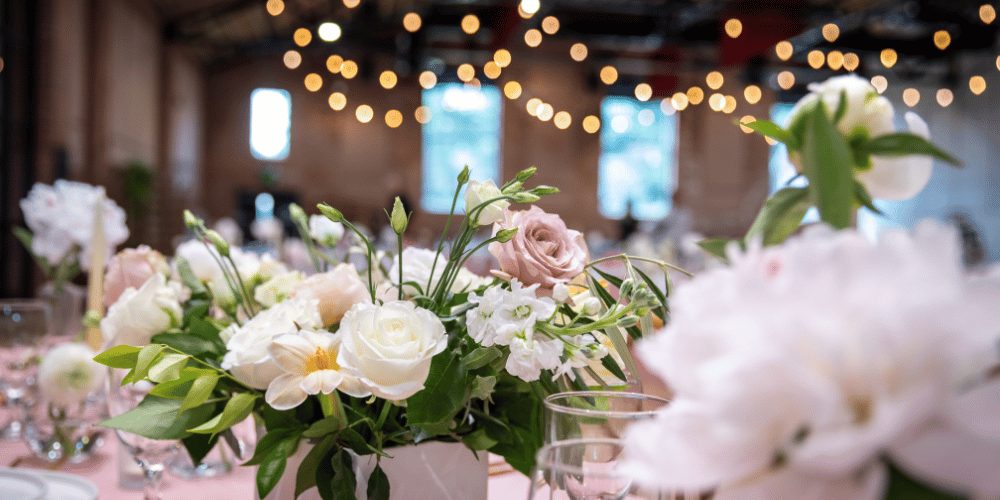
How to Respond to an Objection
If someone objects to your marriage during the ceremony, it can be a bit of a shock. Here are some tips on how to respond:
First, take a deep breath and try to stay calm. It can be difficult to hear someone object when you’re already feeling nervous about getting married, but try not to let it ruin your day.
Second, remember that you don’t have to listen to everything that the person has to say. If they start making personal attacks or saying things that are just outright mean, you can tune them out.
Third, focus on the positive. This is your wedding day, and there are plenty of people who support your marriage. Don’t let one negative voice ruin all of the happy memories you’ll be making today.
Finally, if the person continues to cause a scene after you’ve tried to ignore them, you can always ask a member of the wedding party or security to escort them out. The last thing you want is for your wedding day to be ruined by someone who doesn’t support your marriage.
What is an objection at a wedding?
If someone objects to a couple getting married during their wedding ceremony, it can disrupt the event and cause confusion among the guests. The person who objected may be asked to leave by the officiant or other wedding staff. In some cases, the objection may be overruled if it is deemed invalid by the officiant. Invalid objections typically include those that are based on personal biases or prejudices rather than legal grounds.
Who can object at a wedding?
If someone objects at a wedding, it can be a very awkward situation for everyone involved. The person who objected may not be well-liked by the other guests, and the bride and groom may not want to deal with the drama. If you are planning on attending a wedding where someone has objected, here are a few things to keep in mind:
The objection usually happens during the ceremony, so be prepared for it. It may be loud, and it may be disruptive.
The person who objects is usually known to the bride and groom, so don’t be too surprised if it’s someone you know.
The best thing to do if someone objects at a wedding is to stay calm and try to defuse the situation. Don’t get involved in any arguments, and don’t let the objection ruin your own day.
What are the most common objections at weddings?
There are a few common objections that occur at weddings. The most common objection is usually from a family member who is against the union of the couple. Other objections can be from people who feel they are not ready for marriage, or that they do not want to spend the rest of their lives with one person.
Conclusion
Nobody wants to experience an objection at their wedding, but it is something that can and does happen. We hope this article has given you some insight into how to handle the situation should you ever be faced with it in real life. While there isn’t one perfect solution for every scenario, remember to remain composed and try your best to keep the focus on the happy occasion at hand. With a plan of action in place, you’ll be prepared if any objections arise during your special day!

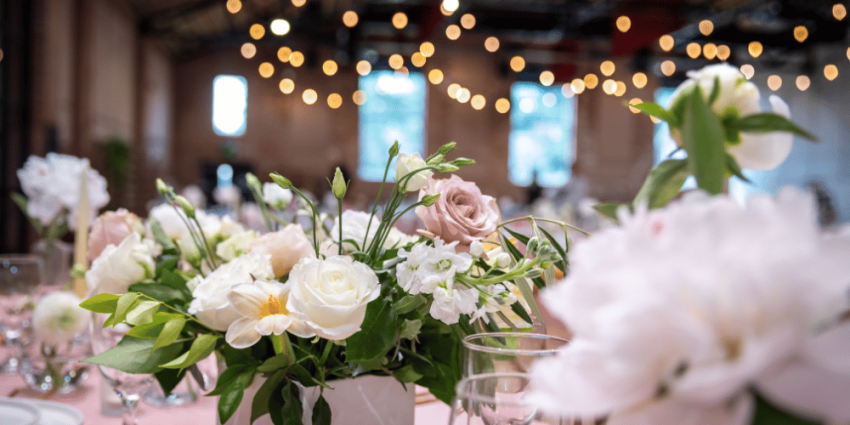



:max_bytes(150000):strip_icc()/what-to-wear-any-occasion-586193b058954424a00609d683766f34.jpg)
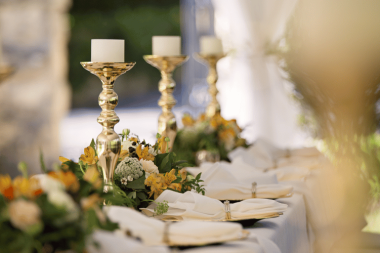
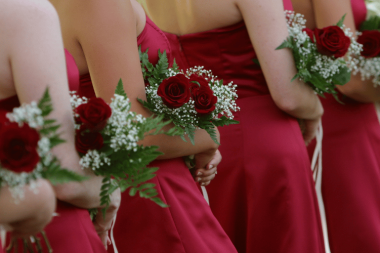
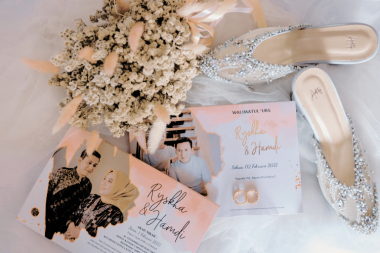
Leave a Reply